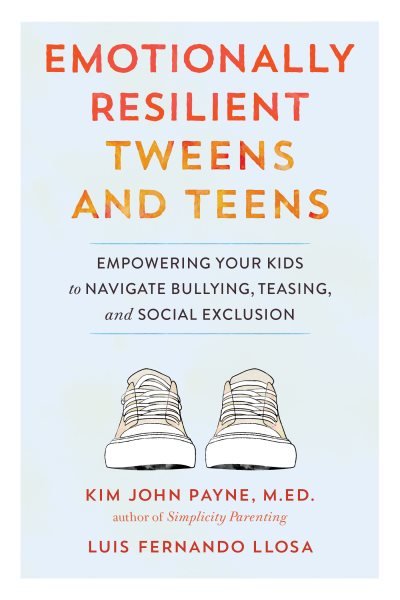Resilience
What is resilience? Let us begin by saying what resilience is not. Resilience does not mean that you never experience stress or have no mental health challenges. It is also not an all or nothing proposition, since you can be resilient in some situations and not in others. Resilience is the ability to overcome difficulties, and the best thing about it is that it can be built over time. While there is no way to avoid the stresses and challenges of life, resilience helps you adjust, learn, and ask for help when you need it.
With resilience, challenging and positive emotions and experiences can coexist. The key is to find ways to manage them with healthy coping skills. New experiences and challenges offer opportunities to discover where you are naturally resilient and where you might need new skills. Below are several different suggestions of ways to build resilience.
Practice Self-Care. Practicing good self-care by making enough time for sleep, finding ways to move your body and doing things that make you happy can help build resilience. Try scheduling these things into your daily routine and choose things you will do every single day, no matter how busy you get.
Build Healthy, Supportive Relationships. Having people in your corner who support, love and value you is essential to emotional health, happiness and resilience. When we are down, having a hard time or dealing with challenges, it is easier to get through them when we feel supported by people we can depend on.
Unplug. Make time each day to put down your phone and computer. The constant stimulation from technology can be overwhelming for your brain and lead to burnout. Stepping away from technology and social media gives you time to reconnect with yourself and check in with your emotional well-being.
Focus. Multitasking and saying yes to everything might make you feel like a productive, successful student or employee, but it is also a quick way to burn out, or at least make it harder to get through your to-do list. Do your best to focus on one thing at a time and know you have the power to say no to things that do not interest you or stretch you too thin.
Find Meaning. It can be as simple as thinking about what is going well and what you would like to get better at, or it could mean exploring your spiritual side or finding ways to help others. Feeling connected to something bigger can help you feel more motivated and build more resilience.
Keep Learning. Being willing to grow can help you reframe challenges and see them as opportunities. Being curious is linked to happiness, empathy and problem-solving success. One of the best places to indulge your curiosity is your local library!
Remember, resilience is not a skill you can perfect overnight. Building resilience will take time, but it will help you throughout your life. Sometimes you can be struggling so much that working on these skills or taking these steps feels overwhelming or impossible. When that happens, do not beat yourself up. It just means it is time to reach out for mental health support to get to a place where you can feel hopeful and make positive changes.
Here are four articles for further reading:
How Resilience Helps You Cope with Life's Challenges: Learn how to boost your ability to bounce back from hardship, Kendra Cherry, MSEd, Updated on May 03, 2023, Reviewed by David Susman, PhD, Very Well Mind,
What Is Resilience, and Why Is It Important to Bounce Back? Jan 3, 2019 by Jeremy Sutton, Ph.D., Scientifically reviewed by Gabriella Lancia, Ph.D., April 19, 2023, Positive Psychology,
Resilience: Build skills to endure hardship, Mayo Clinic Staff,
Stress, Mind.Org.uk,
What Is Resilience? Your Guide to Facing Life’s Challenges, Adversities, and Crises, Katie Hurley, LCSW, Medically Reviewed by Allison Young, MD, Reviewed July 14, 2022, Everyday Health,
Here are today’s Wellness Wednesday Program book suggestions:






